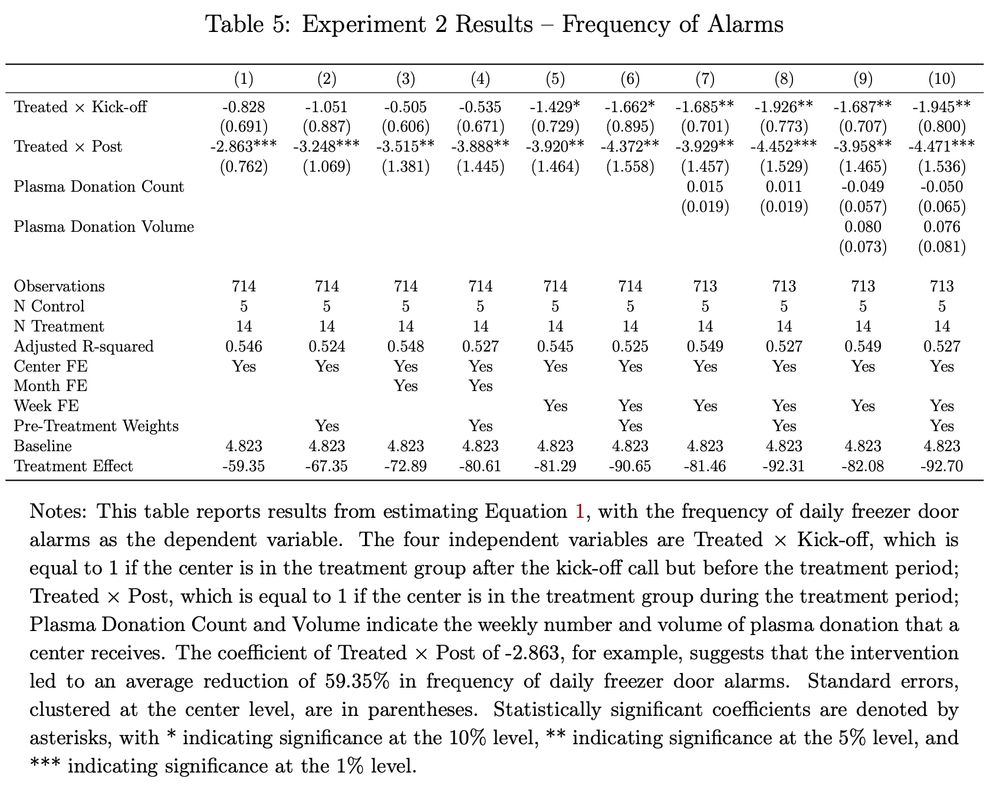

Happy #Thanksgiving everyone!

Happy #Thanksgiving everyone!

Increasing the font size of ratings reduced cancellations by 71.7%, effectively eliminating racial bias.
Displaying names upfront? Less effective. While there was a 30% reduction, it wasn’t statistically significant.

Increasing the font size of ratings reduced cancellations by 71.7%, effectively eliminating racial bias.
Displaying names upfront? Less effective. While there was a 30% reduction, it wasn’t statistically significant.
First, we confirm the previous work. In the control group, drivers were more likely to cancel rides when passenger names were associated with African Americans.

First, we confirm the previous work. In the control group, drivers were more likely to cancel rides when passenger names were associated with African Americans.



Roughly 25% is place based for MA. We plan to roll out to more states in the future (more below).

Roughly 25% is place based for MA. We plan to roll out to more states in the future (more below).
















